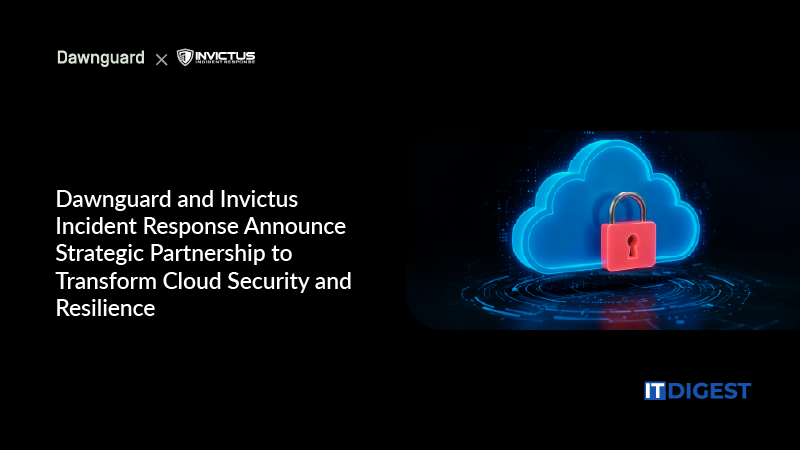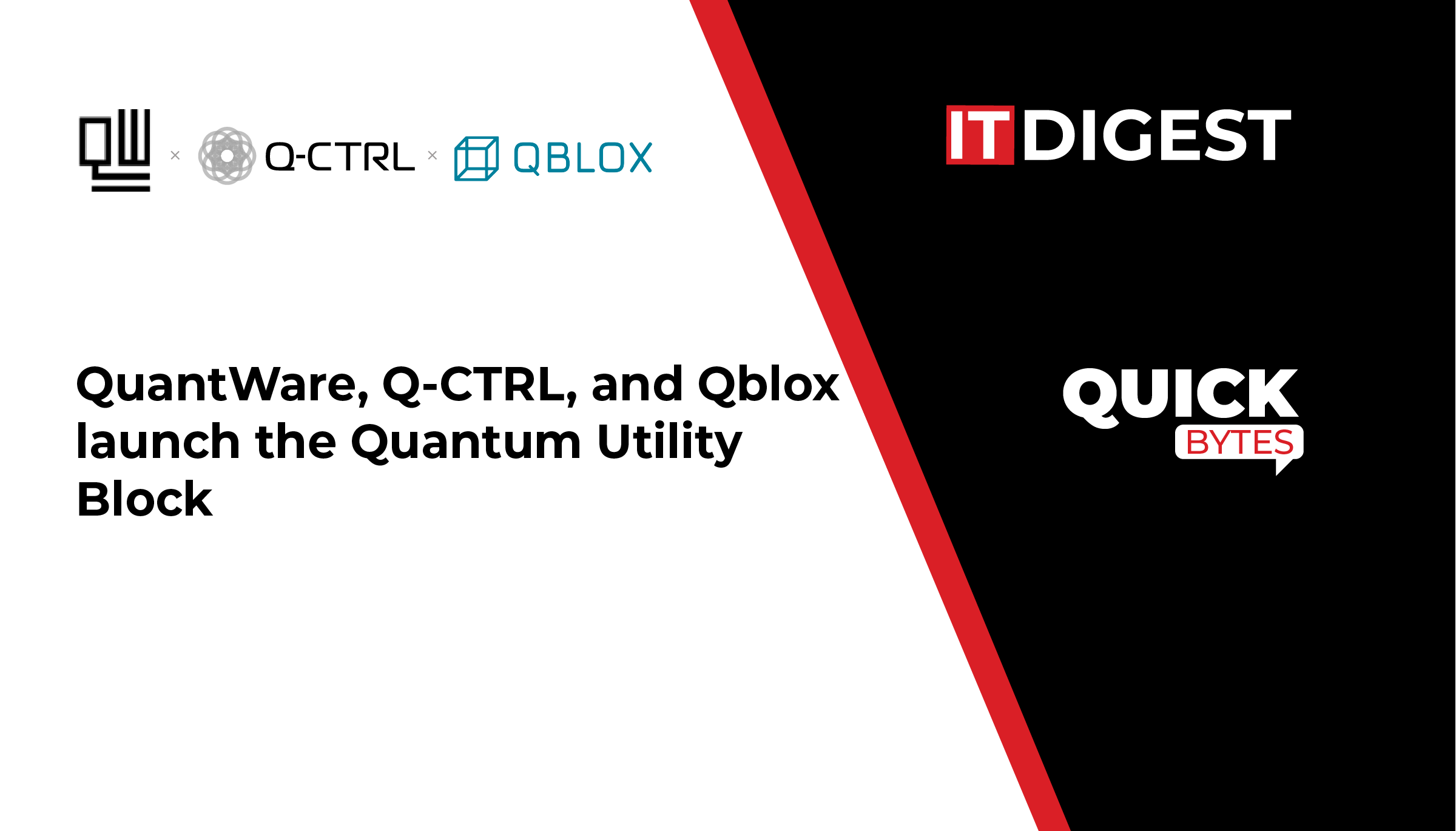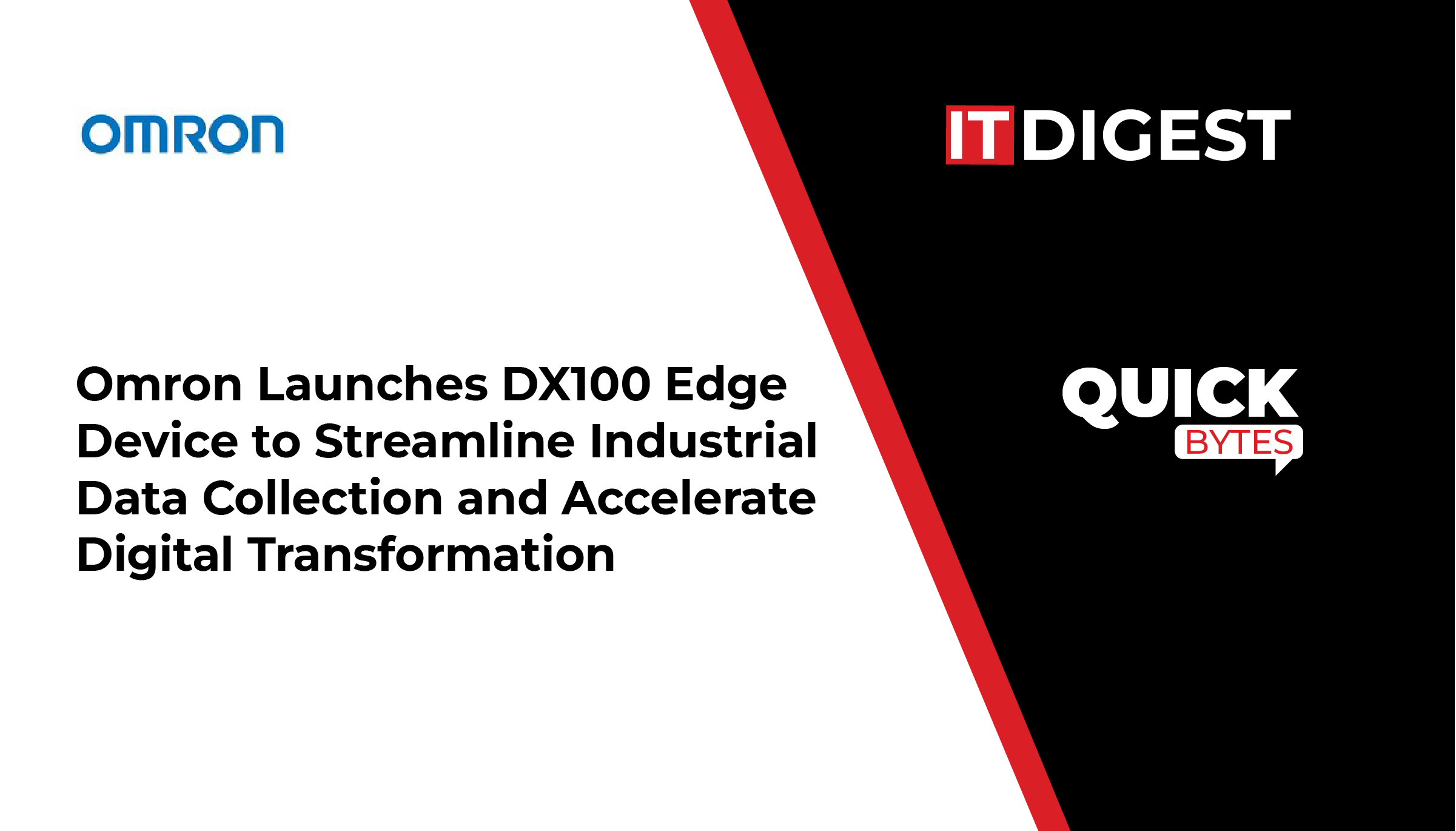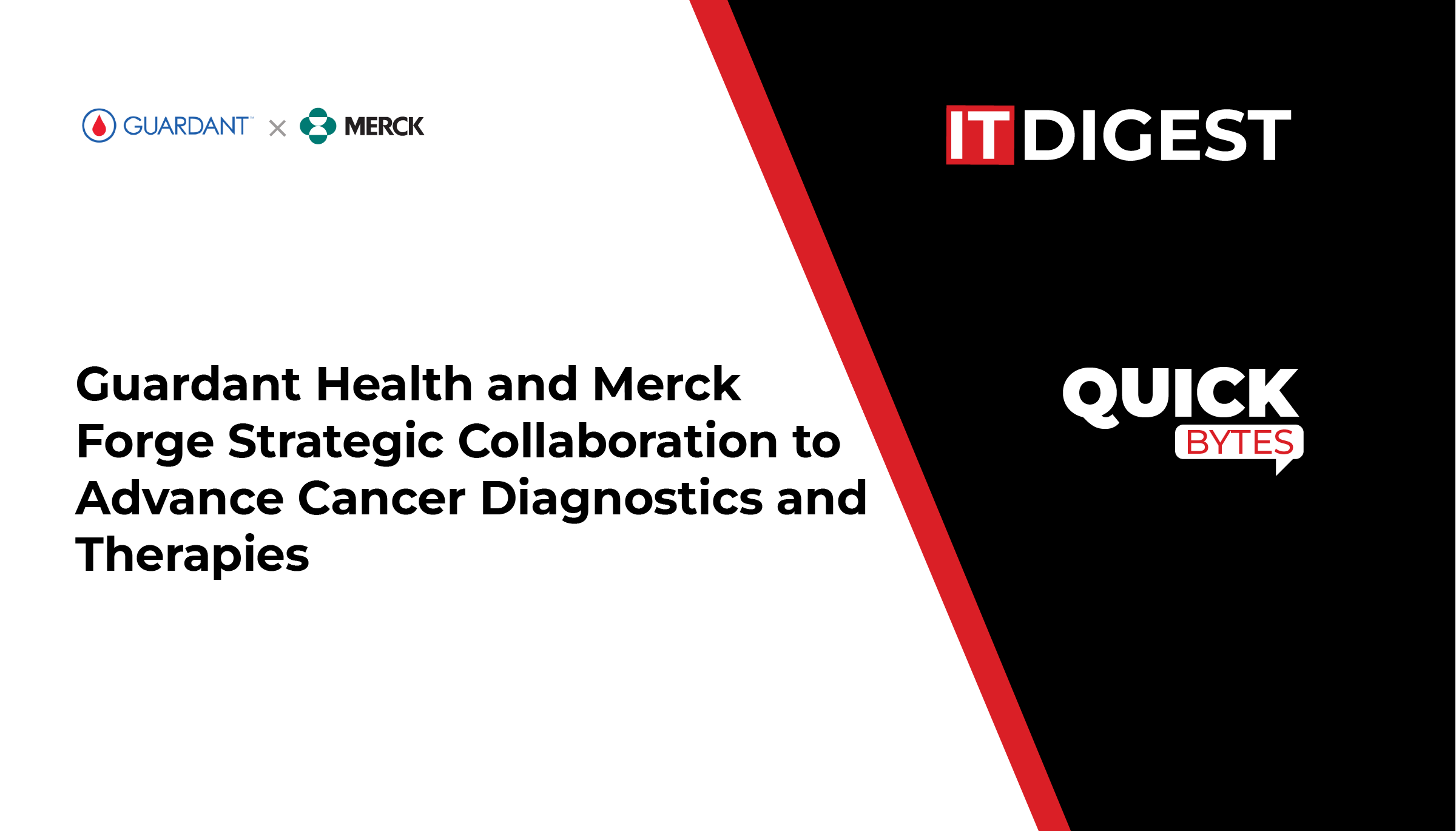QuantWare, Q-CTRL, and Qblox have jointly launched the Quantum Utility Block (QUB), a modular, full-stack quantum system reference platform designed to accelerate and simplify quantum adoption for enterprises and research institutions. This family of pre-validated quantum systems unites QuantWare’s superconducting QPUs, Qblox’s control stacks, and Q-CTRL’s AI-powered infrastructure software into interoperable, transparent building blocks eliminating the traditional trade-off between expensive closed systems and highly customized, resource-intensive bespoke stacks. According to Matt Rijlaarsdam, CEO of QuantWare, “With QUB, we’re removing the traditional barriers to quantum adoption … Organizations no longer need to choose between opaque closed-stack systems or risky do-it-yourself builds. QUB lets them deploy proven quantum architectures faster, at lower cost, and with complete control over their technology future.”
Also Read: Devtron 2.0 Unveils “Agentic SRE” for Autonomous, Unified Kubernetes Operations
The first deployment of QUB will be at Elevate Quantum’s Q-PAC facility in Colorado in 2026, showcasing its open-architecture platform at scale. As Alex Shih, VP of Product at Q-CTRL, puts it: “This partnership is about making full-scale quantum computing systems useful, accessible, and economically viable for the broadest range of users … we are showing the world a clear and scalable path to quantum utility built on openness, collaboration, and practical tools that deliver real impact.” Niels Bultink, CEO of Qblox, adds, “QUB brings together three complementary leaders to make quantum systems more open, accessible and practical than ever before. This collaboration enables a scalable path to quantum utility.” And Jessi Olsen, COO/CFO of Elevate Quantum, emphasizes the broader impact: “Partnering with QuantWare, Q-CTRL, and Qblox … is a powerful example of how open collaboration can lower barriers, reduce risk, and unlock immediate, real-world access to quantum capabilities while also creating a national resource for training the next generation of quantum talent.” Qualified partners can now choose from QUB systems ranging from 5-qubit to 41-qubit configurations, with options for integration into data centers or HPC environments, and algorithmic consultation to fast-track quantum projects.


































